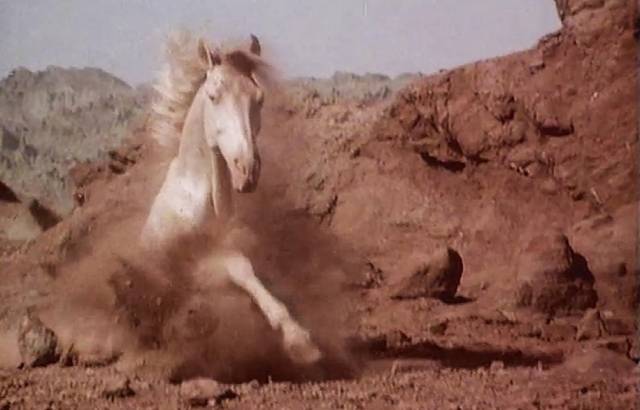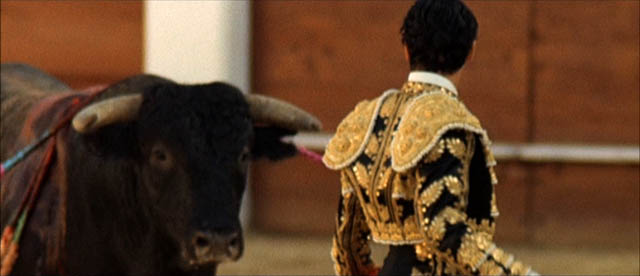
The third instalment of my reviews from the Fifth Hong Kong International Film Festival covers three films from India and one from Pakistan.

Severin introduces the work of Eloy de la Iglesia, a little-known Basque filmmaker with three releases spanning the period from the end of the Franco regime to the transition to democracy in Spain. Two thrillers with a satirical edge made in the early ’70s give way to a trilogy of violent, neo-realist depictions of youth crime and drug addiction in the early ’80s. Dynamic and visceral, these films are deeply empathetic to members of the underclass – workers and dispossessed adolescents – and unflinching in their treatment of addiction and homosexuality in a repressive society.

With volume 3 of their World Cinema Project box sets, Criterion has released another treasure trove of largely unknown (in the West) features spanning five decades and six countries, from the Expressionist horror of Mexico’s Dos Monjes (1934) to the Neo-realist horrors of life on Brazil’s streets in Héctor Babenco’s Pixote (1980), with stops in between in Indonesia, Iran, Mauritania and Cuba.

Although there are obviously differences from culture to culture, many Asian movies share a tendency to to ignore the kind of “realism” Western, and particularly American, movies so often feel is necessary – which is one reason so many U.S. remakes of Asian genre movies take on a pedestrian quality nowhere evident in the originals. Three recent Asian movies – from Korea, Japan and China – use different approaches to explore societies in which economic and social inequality engender violence and to some degree madness. One uses blackly comic satire, one pushes genre tropes to absurd extremes, and one pushes neorealism into the realm of nightmare.

“The confrontation between intelligence and animal instinct, between reasoning and brute force … without artistry and style, it becomes vulgar butchery, and it’s merely disgusting and cruel.” – Francesco Rosi Sometimes the subject matter of a film can present an obstacle to judging it fairly as a film. I felt myself faced with this issue when […]